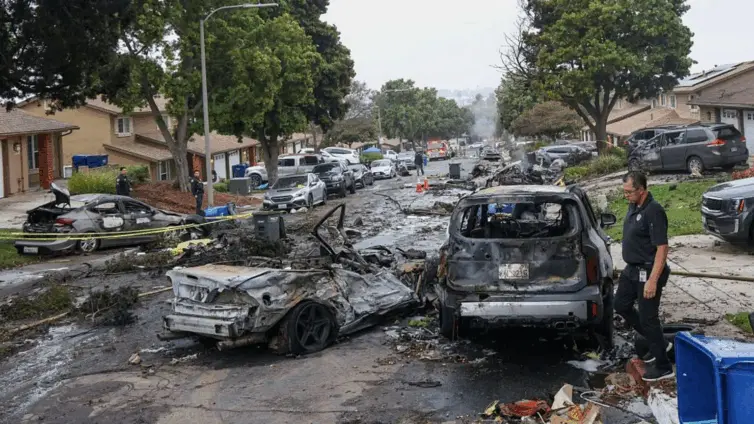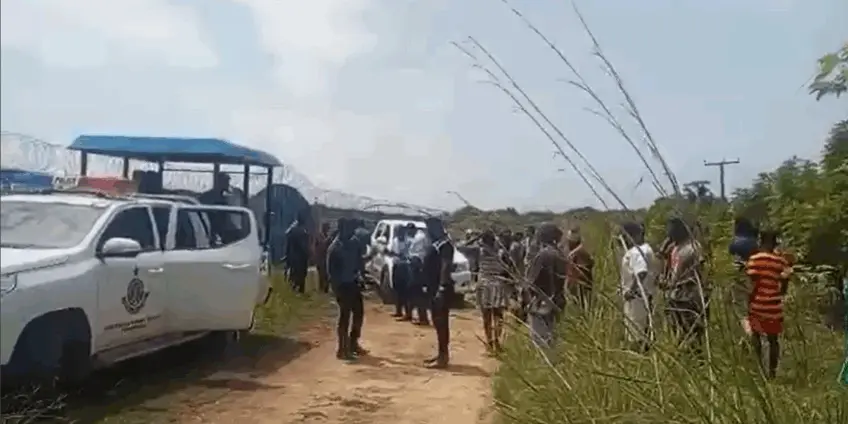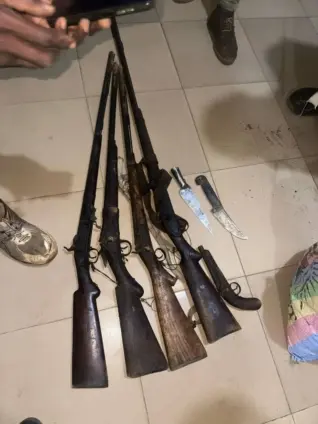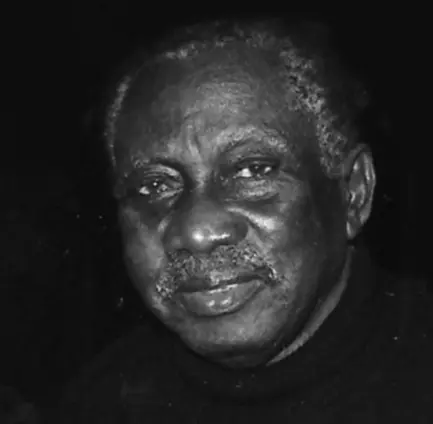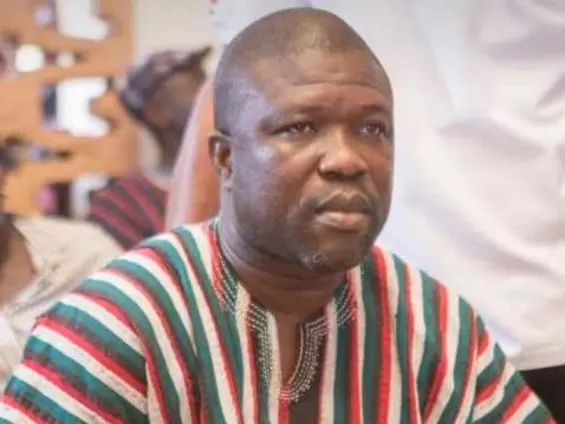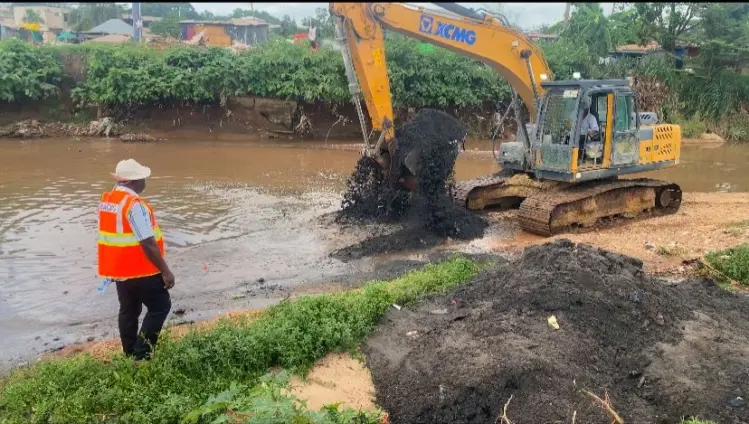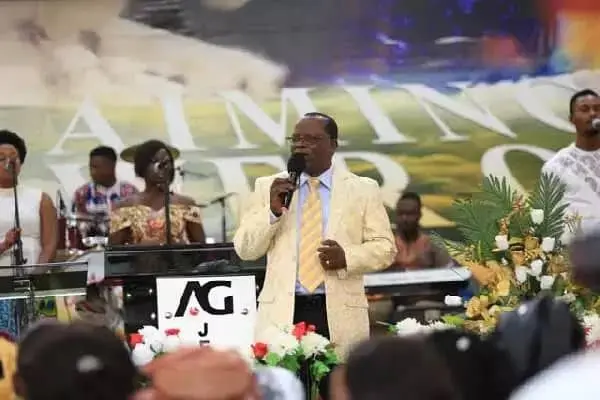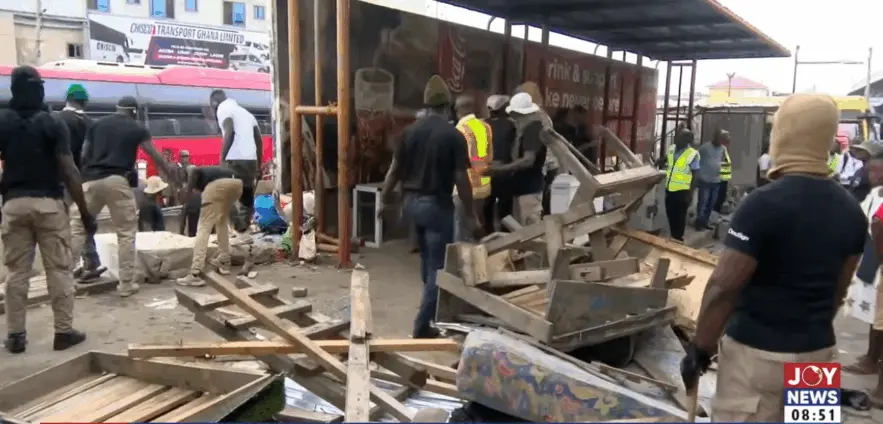The air in Accra crackles with anticipation as Mayor Michael Allotey’s ultimatum hangs heavy: by May 20th, street traders must vanish from pavements and bustling roads. A sense of urgency permeated AMA City Hall as the Mayor outlined his vision, a vision where order replaces chaos, and pedestrians reclaim their rightful pathways. The directive isn’t just about moving people; it’s about reshaping Accra’s urban landscape, tackling congestion, and prioritizing the safety of its citizens. The future of street trading in Accra hangs in the balance.
“There’s no time for empty promises,” the Mayor declared, setting a firm tone. This isn’t a fleeting gesture, but a concerted effort to decongest Accra and improve urban mobility. The reasons behind this decisive action are manifold, each addressing a critical aspect of city life.
The proliferation of unauthorized street trading poses a tangible threat to public safety. Mayor Allotey emphasizes that congested pavements and roads create hazardous conditions for both traders and pedestrians. The Accra Metropolitan Assembly (AMA) aims to restore order, making it clear that these illegal activities will no longer be tolerated.
Pavements, originally designed for pedestrian use, have been transformed into bustling marketplaces. This encroachment not only obstructs the flow of foot traffic but also breeds unsafe and unsanitary conditions. “The pavements have become overcrowded, and now they occupy almost half of the streets,” Mayor Allotey stated, highlighting the severity of the problem.
This eviction is not an isolated event but an integral part of a broader initiative to create a cleaner, more organized Accra. Mayor Allotey envisions a city where urban mobility is enhanced for all residents, where the environment is clean, and where order prevails. “We are not removing traders simply because we have the power to do so. Our goal is to keep the city clean,” he clarified, emphasizing the underlying motivation.
The AMA has actively engaged with key stakeholders, including market women, the GPLTU, and the police, to ensure a collaborative approach. This inclusive strategy aims to improve conditions for everyone in Accra, fostering a sense of shared responsibility. “We have consulted with market women, the GPLTU, and the police. We are doing this to improve conditions for everyone,” the Mayor affirmed.
Enforcement efforts will initially concentrate on Okaishie, before expanding to Circle and Kaneshie. These targeted areas have been identified as hotspots for illegal street trading, requiring immediate intervention.
Mayor Allotey issued a plea to traders, urging them to voluntarily relocate before the enforcement begins on Tuesday, May 20th. He stressed that the action is not directed at any individual. “We ask you, please, to move before we arrive. This is a promise I intend to keep. If by Tuesday you have not moved, we will have no choice but to remove you,” he warned.
Mayor Michael Allotey’s unwavering commitment to urban management signals a potential transformation in Accra. The May 20th deadline serves as a stark reminder for traders to comply, with the prospect of enforcement looming large. This initiative seeks to decongest the city, enhance safety, and reclaim pavements for their intended purpose. Whether this marks a pivotal moment toward a more organized city, or sparks further challenges for Accra’s informal economy remains to be seen. The city awaits its fate.
Image Source: MYJOYONLINE


